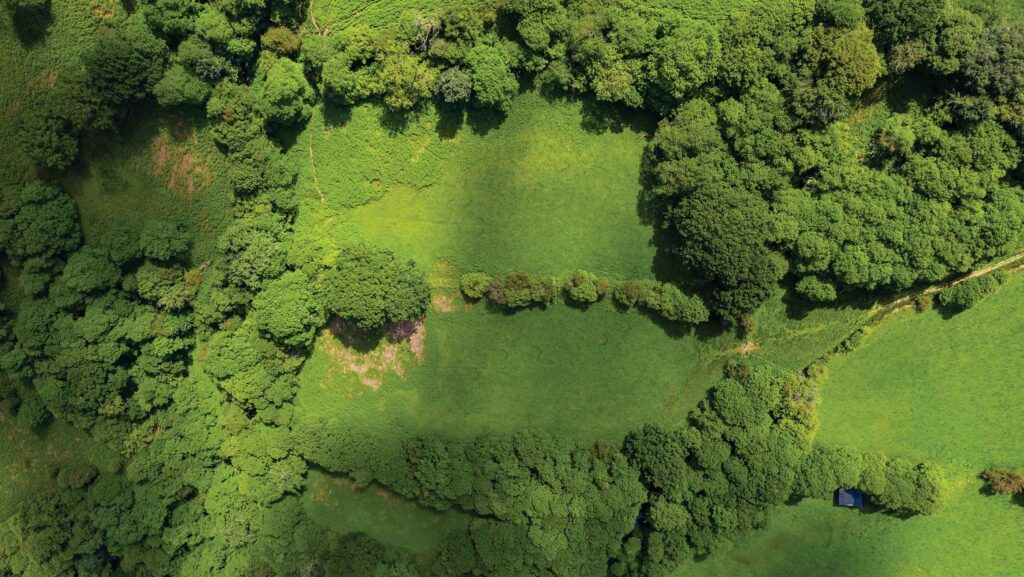Spending watchdog questions effectiveness of BNG scheme
 © Adobe Stock
© Adobe Stock The long-term effectiveness of the government’s biodiversity net gain (BNG) regime has been questioned in a National Audit Office (NAO) report.
Titled Implementing statutory biodiversity net gain, the report terms BNG a novel and complex scheme that was launched without having all elements in place to ensure its success.
It also calls for local authorities to be given sufficient and timely funding certainty to allow for longer-term planning regarding their role in agreeing and enforcing the scheme.
See also: BNG – legal issues for farmers
Gareth Davies, the head of the NAO, said: “The statutory biodiversity net gain scheme is the first national scheme of its kind to build requirements for enhancing biodiversity into planning approval.
“However, it was launched with risks to the long-term effectiveness of the policy.
“These include uncertainty about whether the fledgling market for biodiversity units scales up to satisfy developers’ demand, risks to enforcement and gaps in its information.
“Defra must address these issues, including by plugging gaps in its information so that it can effectively evaluate the scheme’s success.”
Many concerns raised
Many of the concerns aired by the UK’s public spending watchdog have also been raised by professionals working on BNG, a market which is developing very slowly, with only four sites showing so far on Natural England’s register.
The BNG regime applies only in England and requires developers to improve the habitats on their sites by a minimum of 10%, ideally on-site.
Where on-site gains are not sufficient to meet the 10% requirement, off-site gains can be created by the developer elsewhere or purchased through a new private market for biodiversity units.
“Defra is still developing a way to spend money it receives from developers on biodiversity; and also how to judge whether its policy is working,” the NAO said.
Among the risks identified in the report is the provision of effective monitoring and enforcement by local authorities of on-site gains, with Natural England and Defra lacking all the relevant information they need to effectively evaluate the regime and determine whether it is a success, said the NAO.
This includes not having a comprehensive source of information of habitat enhancement taking place on site.
Defra is exploring what information might be available from local authority reporting against the statutory biodiversity duty, although this will be available only at five-yearly intervals.
Questions on scale and demand
While relying on a private sector market for biodiversity units emerging, Defra does not know how rapidly it can scale up or satisfy demand, said the NAO.
Where private markets fail to provide enough off-site credits, Defra will step in as a provider of last resort, with the money raised ring-fenced for government-mandated improvements to UK biodiversity.
However, the NAO points out that Defra does not have a legally compliant mechanism to spend income from statutory credit sales to enhance biodiversity.
